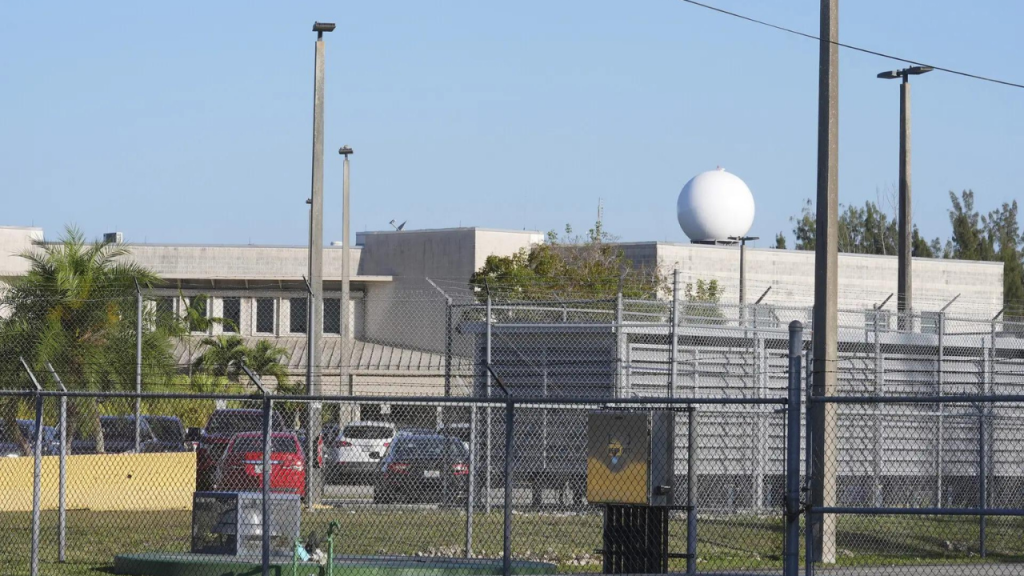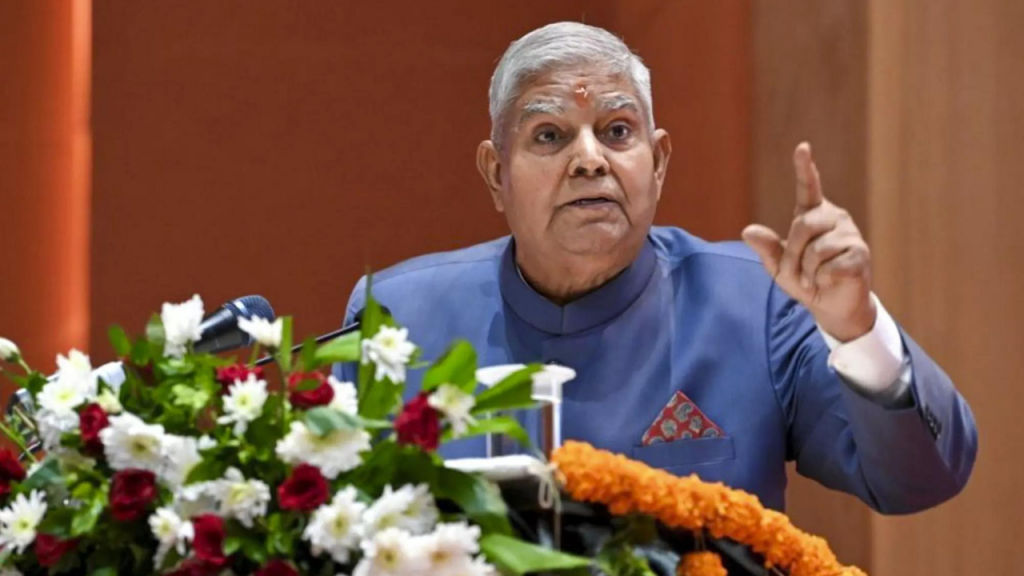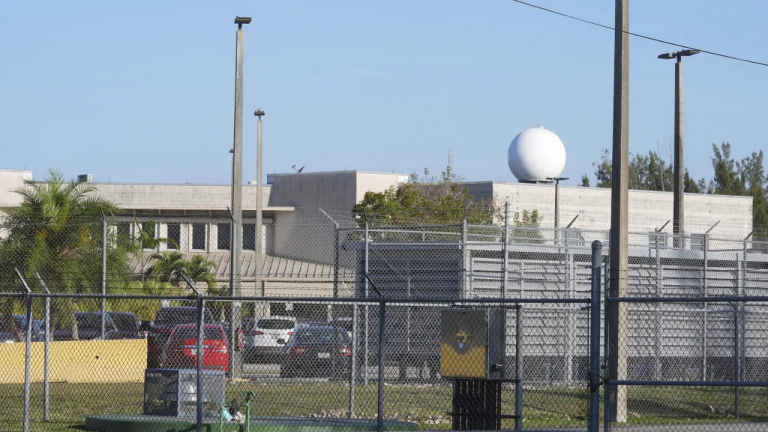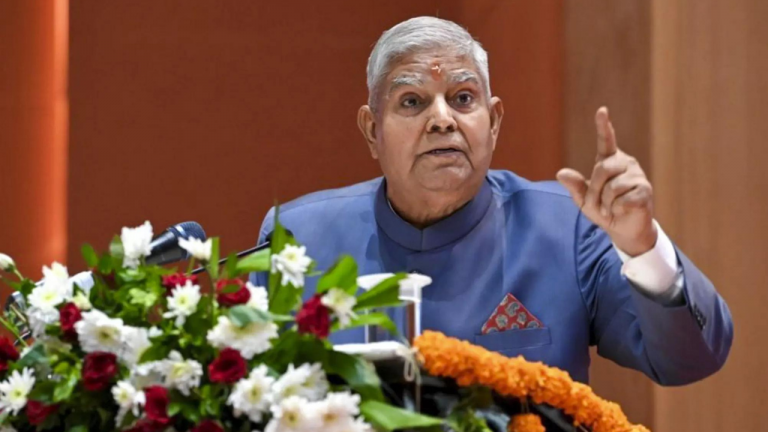After the fall of the Soviet Union, Ukraine inherited a significant nuclear stockpile. Despite possessing these nuclear weapons, Ukraine chose to relinquish them due to financial burdens and geopolitical risks. The 1994 Budapest Memorandum promised security guarantees to Ukraine, but these guarantees proved unreliable when Russia annexed Crimea and supported separatists in Ukraine. The ongoing conflict between Russia and Ukraine underscores the vulnerabilities of Ukrainian security without nuclear deterrence. The decision to give up nuclear weapons has left Ukraine exposed to external threats, especially from Russia. The need for a robust security framework in the region has become more pressing in light of these developments. The situation in Ukraine serves as a cautionary tale for other countries considering disarmament. It also raises questions about the effectiveness of international agreements in ensuring the security of nations. As tensions continue to escalate in Eastern Europe, the global community must closely monitor the situation and work towards finding a peaceful resolution to the conflict. The geopolitical dynamics in the region are complex, and any misstep could have far-reaching consequences. It is imperative for all stakeholders to engage in dialogue and diplomacy to prevent further escalation of hostilities.
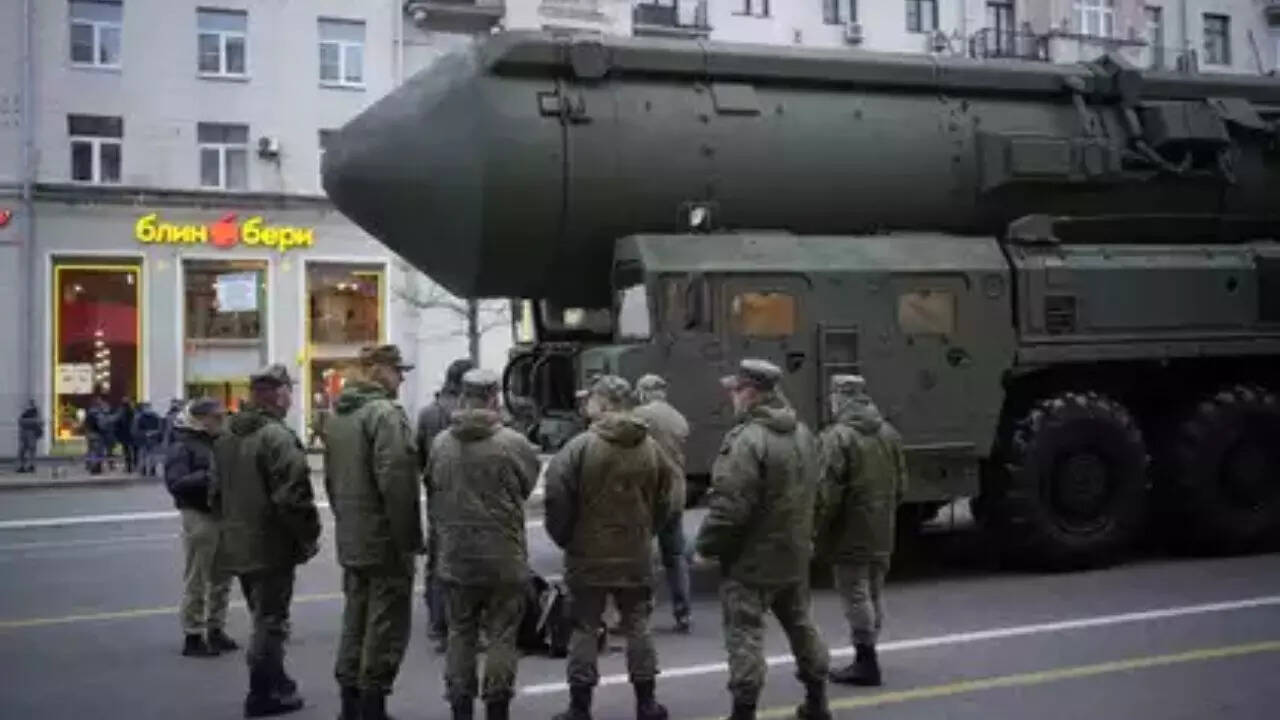
Posted in
JUST IN
Ukraine’s Post-Soviet Nuclear Decision Haunts as Russia Conflict Exposes Security Vulnerabilities without Deterrence
In Trend

“India’s space agency ISRO successfully launches EOS-03 communication satellite, boosting communication capabilities.”







